15 Million Indians Still Defecate In The Open
Since 2014, India has seen 110 million toilets built for its citizens. Despite the extraordinary progress rate, we are yet to achieve complete sanitation.
Since 2014, India has seen 110 million toilets built for its citizens. Despite the extraordinary progress rate, we are yet to achieve complete sanitation.
Toilets are the excretory system of society. They dispose of the harmful body waste we produce every day. Sanitation provided to each family is the basis of the entire community’s health. And when it comes to women’s dignity, having a clean toilet at home can make a world of difference. The Government of India’s Swachh Bharat Mission is to make the country open defecation free, and we are promoting that mission through a variety of sanitation initiatives.
Aligned to the global vision and mission, our goal is to create lasting impact towards promoting high-quality sanitation services, accessible to all and locally sustained by strong institutions, government and private sector. Our key strategic choice is Sustainable Sanitation at Scale through Market System Development. Sustainable sanitation does not only rely on the provision of technology and services but also on proper usage. Behaviour Change is a critical component of improving access to and practices around sanitation.
Here’s how we do it:
Building on Swachh Bharat Mission’s momentum to make India open defecation free by 2019, we have fostered partnerships with local governments and microfinance institutions to develop robust sanitation markets to meet the increased demand for household latrines. Our hands-off approach entails establishing local supply chains, providing technical and marketing support to start-up enterprises, and creating a favourable ecosystem for investment in sanitation businesses. We work with a diverse group of agencies such as Self Help Groups (SHGs) and their federations, Farmer Producer Organizations (FPOs) and governmental organizations to ensure sanitation enterprises and local families have access to diverse funding options. We have been instrumental in the development and proliferation of sanitation enterprises, also called Points of Purchase (PoPs) – one stop shops providing hardware components and masonry services for toilet construction, renovation and upgrade – in Bihar and Odisha.
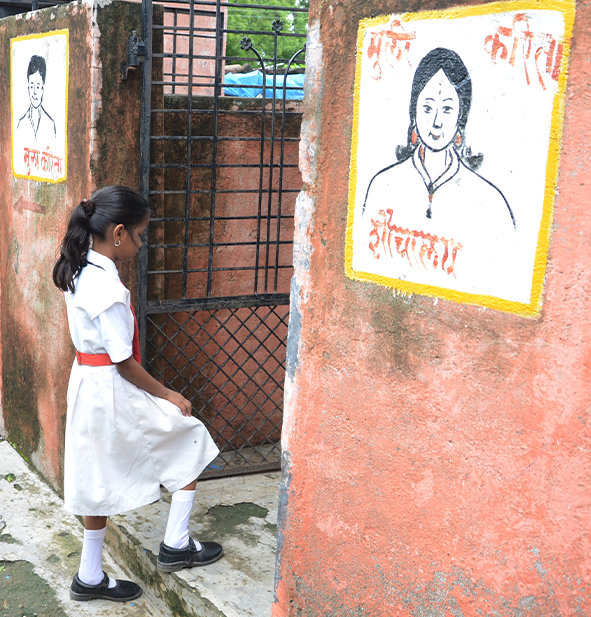
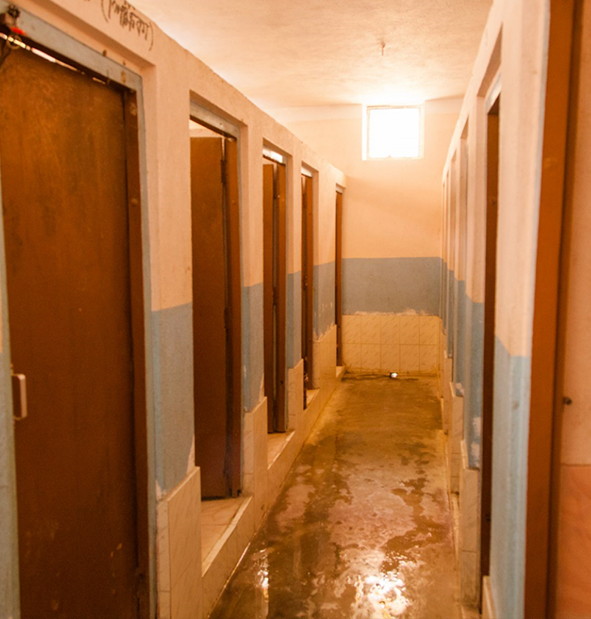
We work with the support of funding partners to renovate community latrine blocks in urban or peri-urban slum areas. In areas where we work, a “mohalla” (neighbourhood) committee is created or strengthened for operation and maintenance of the facilities. These committees obtain financial contributions from the users to cover the cost of cleaning, including a caretaker, cleaning products and minor repairs. Our next objective is to overcome the project’s dependency on donations for growth and scaling.
We work with the support of funding partners to renovate community latrine blocks in urban or peri-urban slum areas. In areas where we work, a “mohalla” (neighbourhood) committee is created or strengthened for operation and maintenance of the facilities. These committees obtain financial contributions from the users to cover the cost of cleaning, including a caretaker, cleaning products and minor repairs. Our next objective is to overcome the project’s dependency on donations for growth and scaling.

Faecal Sludge Management (FSM) is central to achieving the vision of an ‘Open Defecation Free’ India. Developing solutions to challenges of FSM therefore has an important place in the sanitation ecosystem. If sanitation is to be managed safely, it is important to go beyond the construction of toilets and examine collection, emptying, transport, treatment and reuse or disposal of faecal waste. Over the years, we have been working in each of the above mentioned components along the sanitation value chain and have developed many innovative solutions. Some of these include: Membrane-based septage treatment system, Mechanical Pit emptying devices, Modular collection systems, E-catalogues, and Ring-Lifting device to name a few.
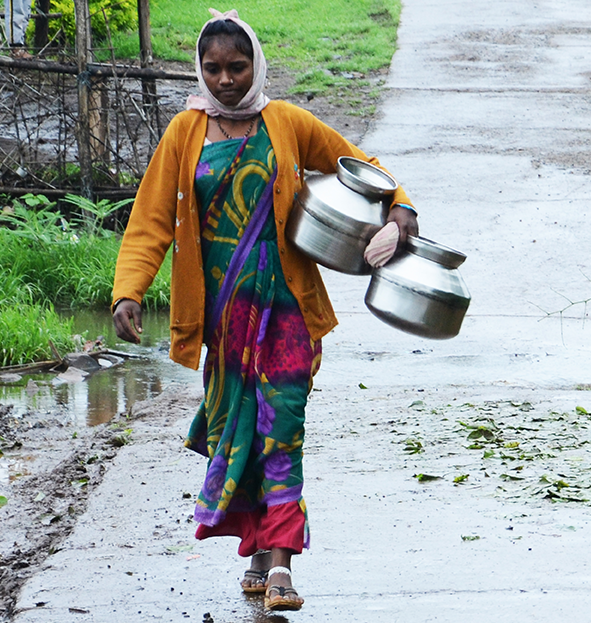
Addressing WASH requirements for 1,700 students in Hooghly, West Bengal suddenly appears easy. Dr. Partho Pratim Mukhopadhyay, Headmaster of the Bagati Ramgopal Ghosh High School is categorical in his praise for Water For People India’s work as part of ITC Limited Mission Sunehra Kal Initiative. “These two organizations have supported the construction of improved water and sanitation facilities in the school and enabled a learning environment. I am deeply indebted to the organizations,” he states up front and he is clear about why…
Read Full Story
Stay in the know to get the latest news updates about our sanitation work. Sign Up!
The year 2020 kicked off the Decade of Action for Global Goals – a ten-year countdown to achieving SDGs. SDG 6 envisions universal, sustainable, and equitable access to safe drinking water, sanitation and hygiene. It will also emphasise eliminating open defecation by 2030, especially for women, girls and other vulnerable groups – leaving no one behind. Water For People India has a strategy to make this goal a reality.
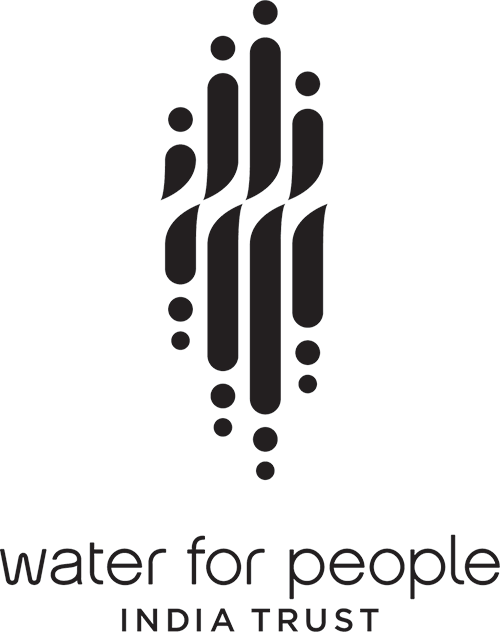








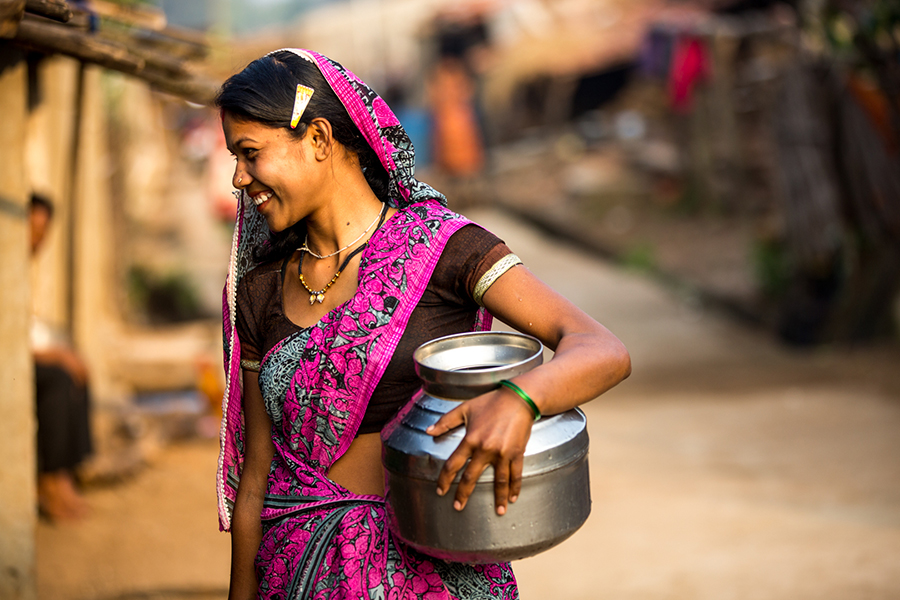
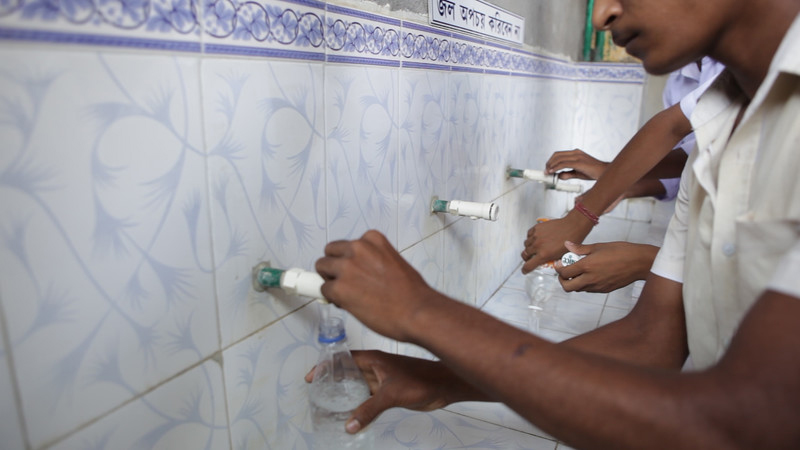
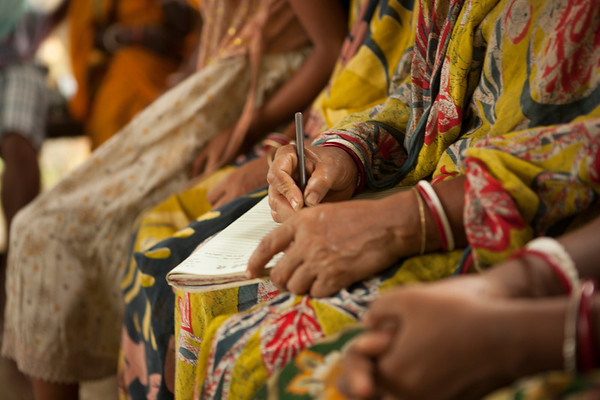

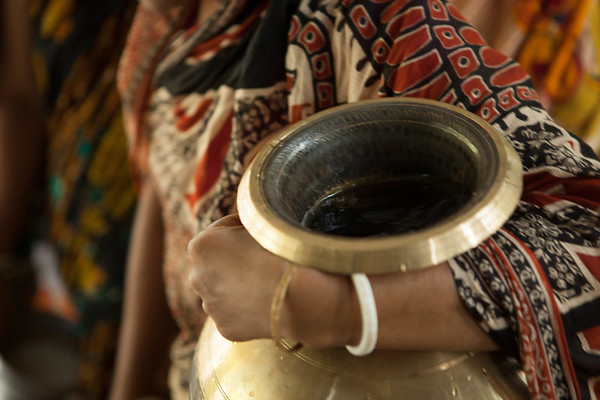

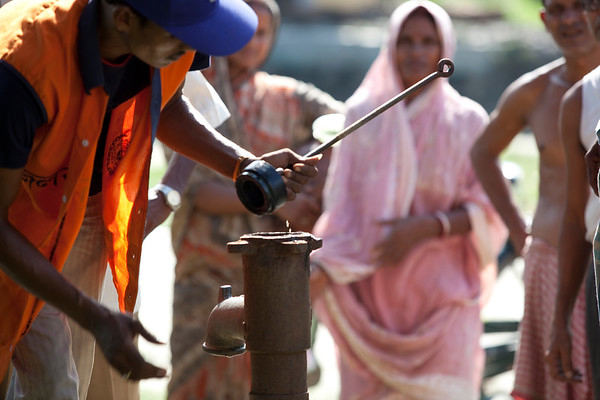
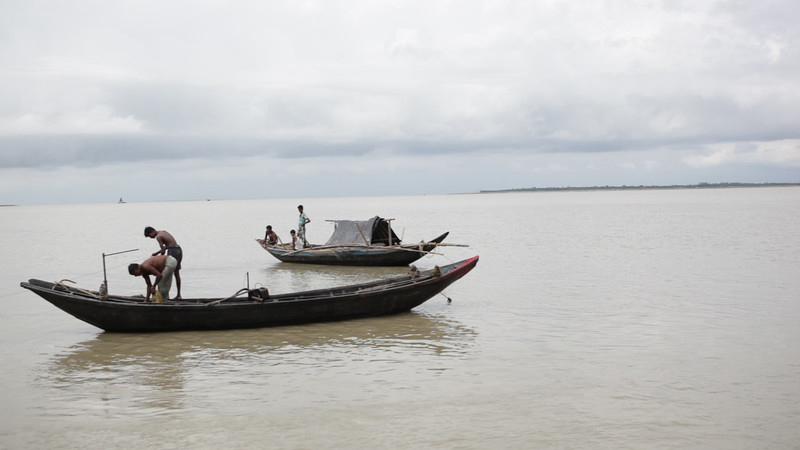




















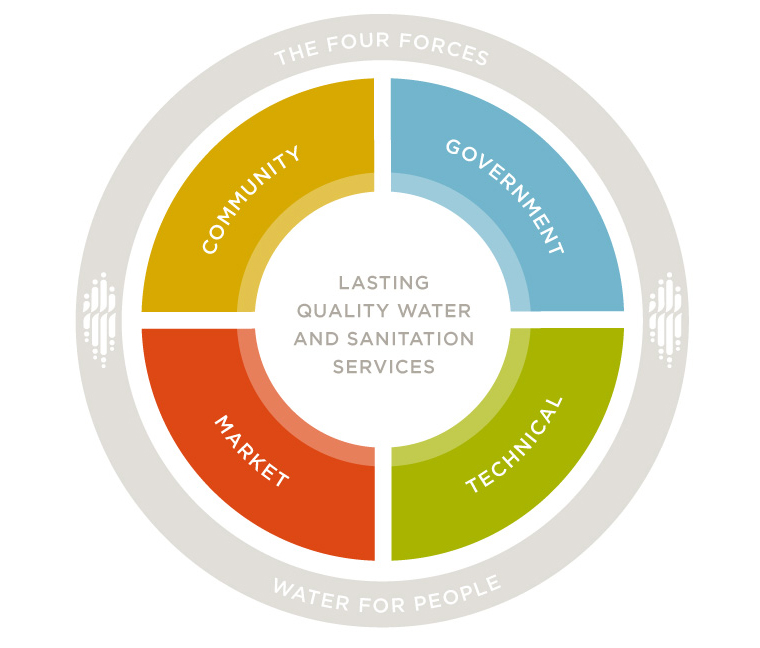
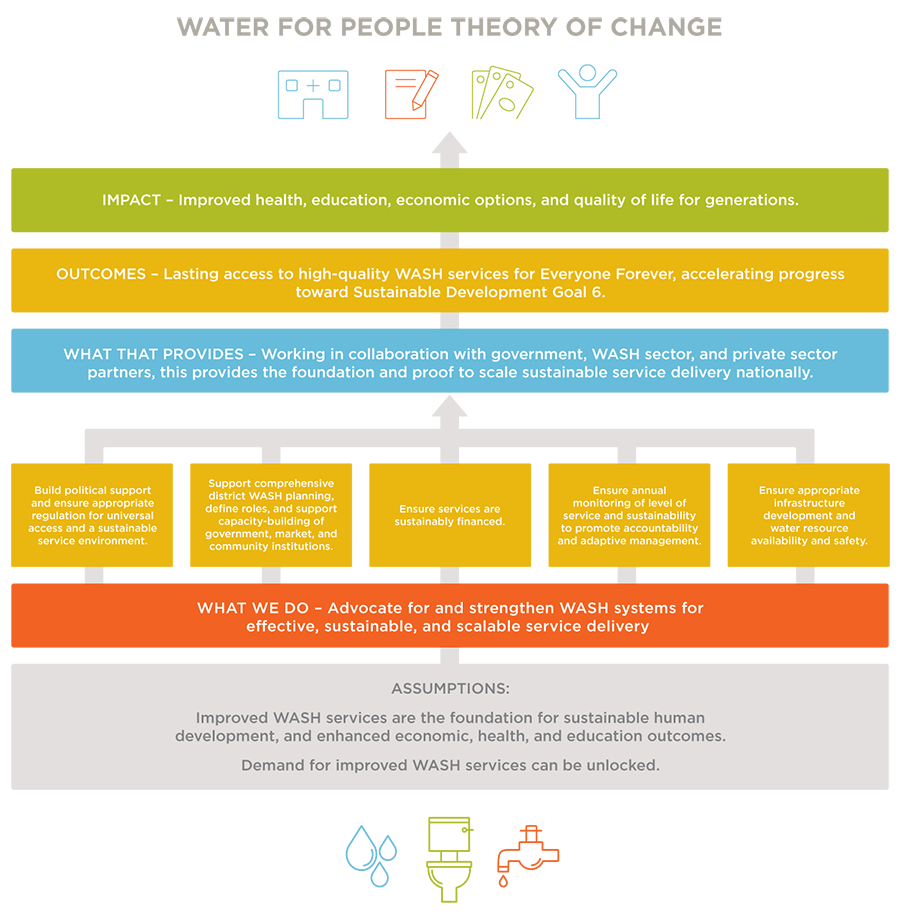
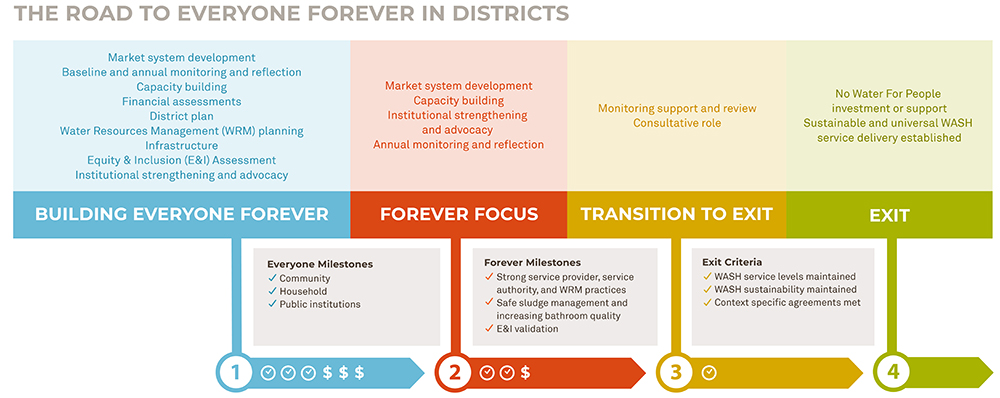
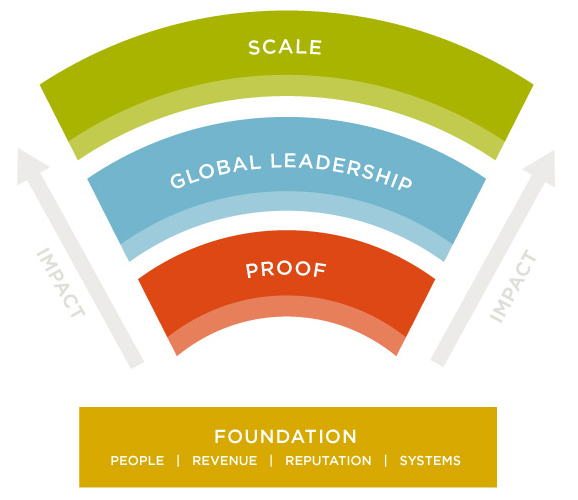
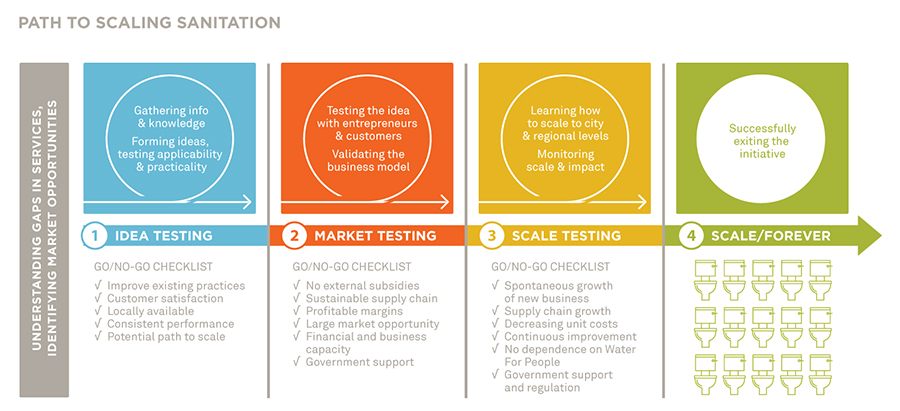
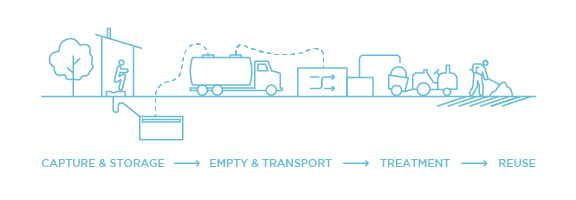
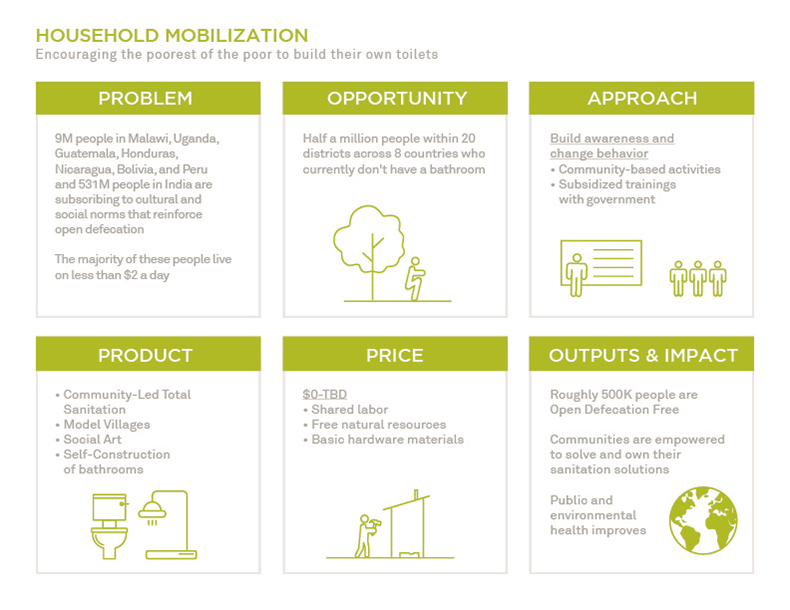
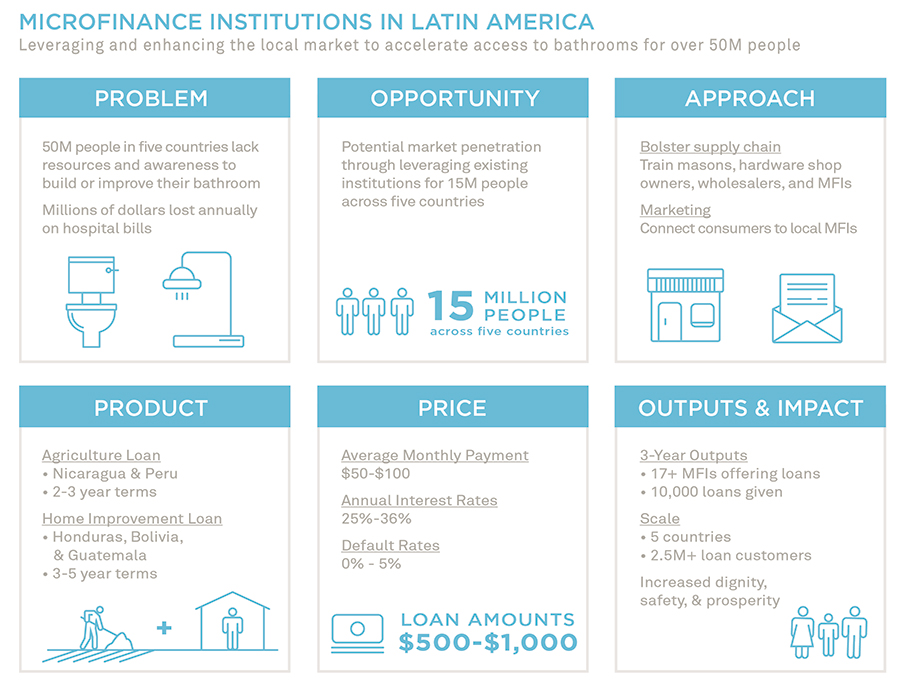
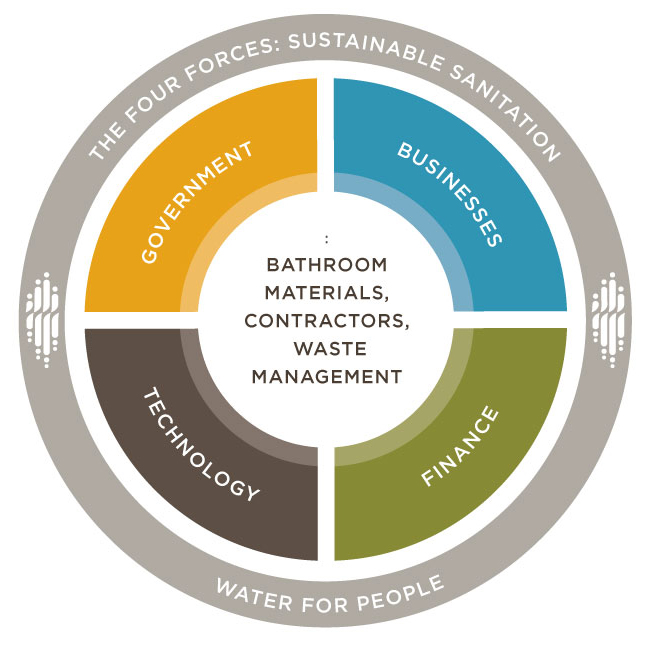
Maharashtra
Chikhaldara is a block in the Amravati District of Maharashtra. The population primarily consists of tribal communities, most of which are farmers. The region has high levels of poverty and experiences widespread water shortages.
In 2017, Water For People India launched The Water Initiative in Chikhaldara block. It aims to achieve Everyone Forever status by 2021, with special attention given to the vulnerable communities. Since the block experiences a high level of water scarcity, Water For People India is piloting water conservation and capture technologies, such as rainwater catchment systems with rehabilitation of dilapidated piped water systems.
Bihar
Sheohar is a rural district in Bihar, and Water For People India works in all the five blocks viz. Dumri Katsari, Tariyani Chowk, Piprahi, Purnahiya and Sheohar. Most people in these densely populated blocks are day labourers and farmers. The level of poverty is very high across the region.
In 2018, Water For People India had installed and rehabilitated handpumps to reach every household in the region. Our current target is to provide deep boreholes for high-quality water in every neighbourhood. We will continue our social art activities like street theatre and short films to educate the locals and promote safe water services. Additionally, loans for household sanitation will be facilitated and disbursed.
West Bengal
Rajnagar is a block in the Birbhum district of West Bengal. Birbhum, an aspirational district of Niti Aayog, is prone to droughts. So rather than focusing on agriculture, the locals generate livelihood by making handicrafts and bamboo products. Over half of the population belongs to traditionally vulnerable and excluded groups.
In Rajnagar, Water For People India will work with communities to strengthen the management of water resources. We will help develop water safety and security plans, train local Jalabandhus, and establish operation and management strategies. To improve water infrastructure, Water For People India will install mini piped-water schemes in villages and construct water points in communities and schools.
West Bengal
Namkhana is a block in the South 24 Parganas District of West Bengal. Most of the population in this block are involved in farming. Namkhana is in low-lying wetlands where water supplies are commonly contaminated with saline.
In Namkhana, Water For People India will focus on improving access to clean and reliable water services by installing and rehabilitating handpumps. In select schools, rainwater harvesting structures will be installed alongside handpumps, sanitation and hygiene facilities.
West Bengal
Patharpratima is a block in the South 24 Parganas District of West Bengal. The majority population works in agriculture, fishing, or manual labour. Patharpratima is susceptible to flooding due to being located in a river delta.
Since 2016, every school, community and clinic in Patharpratima have access to regular water services. And within the next four years, Water For People India had reached every single family in Patharpratima. To sustain those services and replicate the approach at a greater scale in the region, we are strengthening Gram Panchayats responsible for overseeing them.
West Bengal
Sagar Island is a block in the South 24 Parganas District of West Bengal. Most residents of Sagar Island are subsistence farmers, fishers, or manual labourers. Sagar Island is prone to flooding and tidal surges, which makes providing reliable water services particularly challenging.
Yet, we had reached every school, clinic, and community in Sagar Island by 2016, a significant milestone for us. To replicate these results, Water For People India shifted its focus on improving the sustainability of water services by strengthening Gram Panchayats and developing plans for scaling the approach across South 24 Parganas and West Bengal.
Today, every family in Sagar Island has been provided with reliable water services.